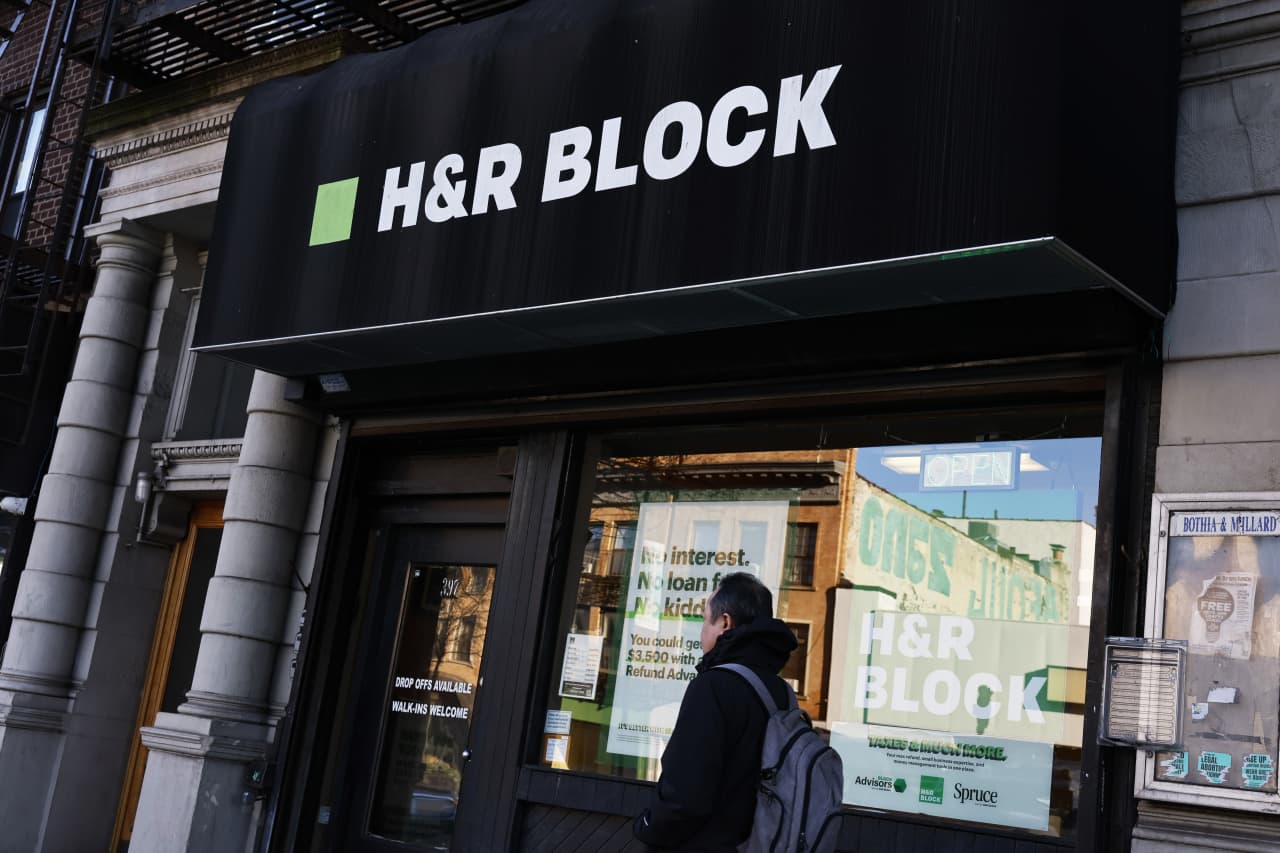H&R Block made it too hard for taxpayers to opt out of pricier tax-preparation plans and tricked customers about what types of taxes could be done for free, according to allegations in a new complaint by federal regulators.
The Federal Trade Commission said Friday that H&R Block’s
HRB,
online filing process pressured users with tactics to make them pay more. If customers wanted to pay less, they had to start their return over again, regulators claim.
The allegations on tricky pricing tactics echo other allegations that the FTC has made against Intuit
INTU,
the maker of TurboTax.
Millions of Americans turn to these two companies each year to do their taxes. Both companies dispute the FTC allegations.
The FTC’s administrative complaint, filed within the agency itself, said H&R Block made it difficult for customers to downgrade to cheaper price plans. Customers who wanted to pay less allegedly had to contact customer service directly, according to regulators. If someone downgraded their plan, H&R Block allegedly wiped away the tax-return data they had already entered.
“H&R Block allows consumers to downgrade to a less-expensive DIY product via multiple mechanisms while ensuring the preparation of accurate tax returns,” Dara Redler, H&R Block’s chief legal officer, said in a statement.
“We believe we provide our clients with a great deal of value, unmatched tax expertise, and fair and transparent pricing,” Redler added.
The complaint is a new front in the FTC’s fight over transparent tax-prep costs.
Commissioners at the FTC ruled last month that TurboTax had been misleading people for years on what sorts of returns it would do for free. Intuit denies the allegations and has said it is appealing the decision.
H&R Block and TurboTax both offer free tax-preparation services, but they both apply to a limited number of returns. TurboTax advertising now says its free edition applies to around 37% of taxpayers.
There’s other ways to do taxes for free outside of these two commercial providers.
In one example, the IRS is launching a test run this filing season of its own no-cost Direct File platform. The platform — which can only support a limited number of tax scenarios — is slowing being rolled out in 12 states.
Earlier this week, the IRS said it had started opening brief periods of time when people in eligible states could start doing their taxes on the site. Wider availability is expected in mid-March.


